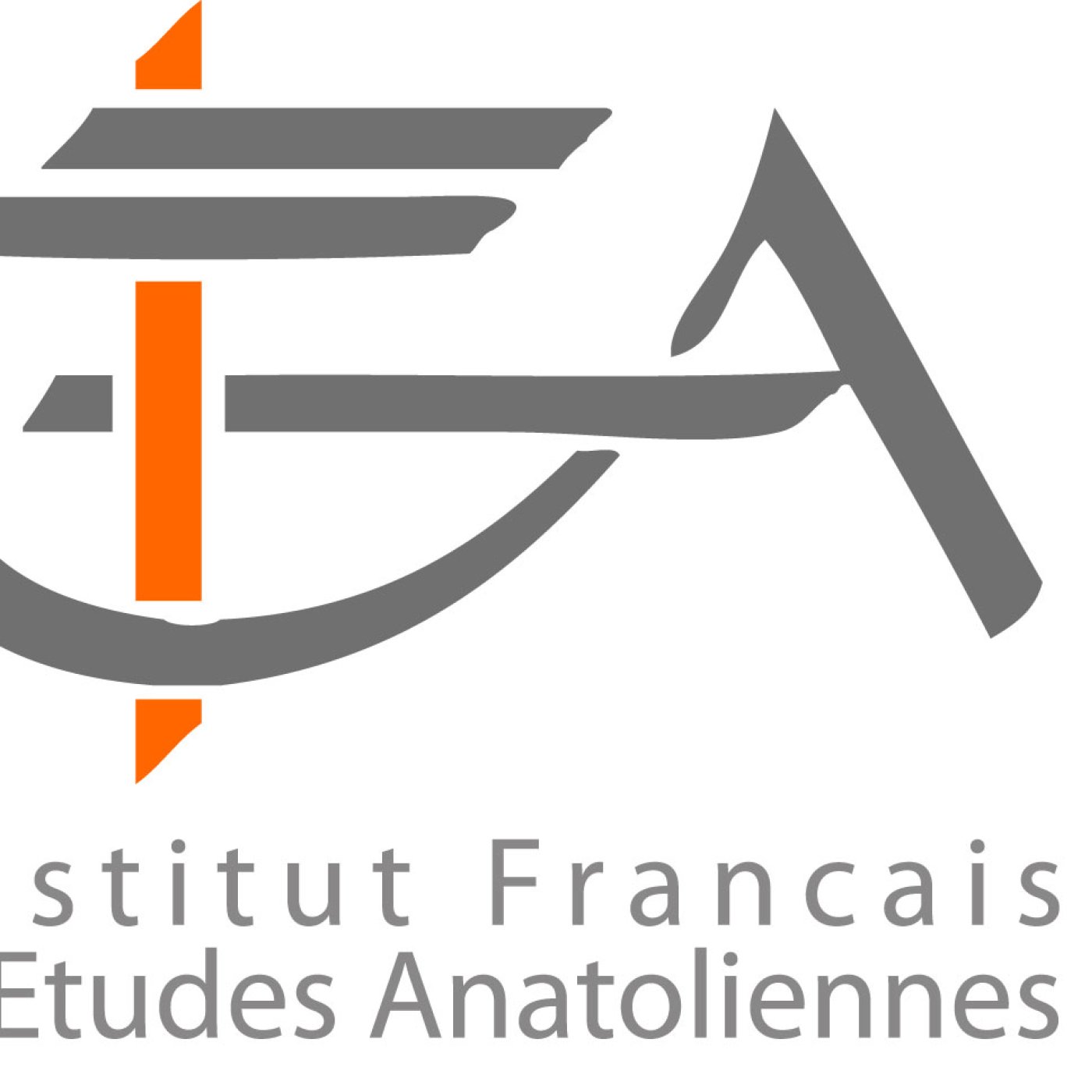Living the Love of the Imams in Twelver Shi’a Islam in Iran. Objects and Materials as a Vehicle for Devotion

Sepideh Parsapajouh (CNRS-CéSor/EHESS)
Event hosted by Orient-Institut Istanbul in Cooperation with the Institut Français d’Études Anatoliennes (IFEA).
In Twelver Shi’ism, as in many other religions, devotion and piety are not merely conceptual and ideational nor are they directed towards a purely abstract God. Twelver Shi’a consists of a set of beliefs and practices dedicated primarily to fourteen holy figures: The Prophet Muhammad, his daughter, Fatimah al-Zahrâ, and the twelve Imams are known as the fourteen infallibles or 14 ma'sum that are woven together and developed by believers in order to lead them to God. Concrete materials such as time, places, objects, and even persons mediate believers’ connections to the holy figures and act as vehicles for devotion. In this presentation, after a short introduction to Twelver Shi’ism, I will address the issue of religious materiality in the life of some Iranian Imamite Shi’a groups on three levels: in their daily lives; in the ceremonies and particular rituals on annual occasions, and finally in pious visits (ziyârat). This presentation is based on the results of field research, the methodology of which I will briefly discuss. It will also be articulated with some anthropological concepts and ideas that my colleagues, Michel Boivin, Annabelle Collinet and Delphine Ortis, and I put forward and discussed in a seminar based on research conducted over four years (2015-2019) at the EHESS (Paris), entitled “Material Culture and Devotional Practices in Shi’a Societies”.
Sepideh Parsapajouh is an anthropologist at the National Center for Scientific Research - Center for
Social Research on Religion (CéSor-EHESS). Her first research focused on an Iranian slum where she
uncovered an order based on various solidarity mechanisms. This research led her to the importance of
value systems and religious beliefs in the balance of a society. Since 2010, she has been studying various
aspects of popular Shi'a religion, individual and collective, intimate and spectacular, in Iran and beyond,
in particular practices related to death, devotion, and the worship of saints and martyrs, faith and acts in
which the material and the spiritual are intertwined. Her publications include: Au coeur d'un bidonville
Iranien, Paris, Karthala-IFRI, 2016 ; Cimetières et tombes dans les mondes musulmans à la croisée des
enjeux religieux, politiques et mémoriels, Revue des mondes musulmans et de la Méditerranée, Université
de Provence, n° 146 (with Mathieu Terrier), 2019 ; Religions en Iran, special issue Archives de sciences
sociales des religions (ASSR), éditions de l’EHESS, n° 189, (with Sabrina Mervin), 2020 ; Bodies and
Artefacts : Relics and other devotional supports in Shia societies in the Indic and Iranian worlds, special
issue of Islamic Material Culture, édition de Brill, n° 1, (with Annabelle Collinet and Michel
Boivin), 20221
Intervention en anglais
Image: Procession participants carrying a standard (Karaj, Ashura, 2007). kindly provided by Sepideh Parsapajouh.
To attend this online lecture, prior registration is necessary: Please send an email specifying your name and academic affiliation to Cette adresse e-mail est protégée contre les robots spammeurs. Vous devez activer le JavaScript pour la visualiser. by 14 June 2021 (Monday) at the latest.
For technical reasons, the number of participants is limited. You will be informed about the organizational and technical procedure before the lecture starts.
Détails
| Date de l'événement | 16/06/2021 7:00 pm |
| Places | Illimitée |
| Inscrit.e.s | 0 |
| Lieu | Zoom meeting |




